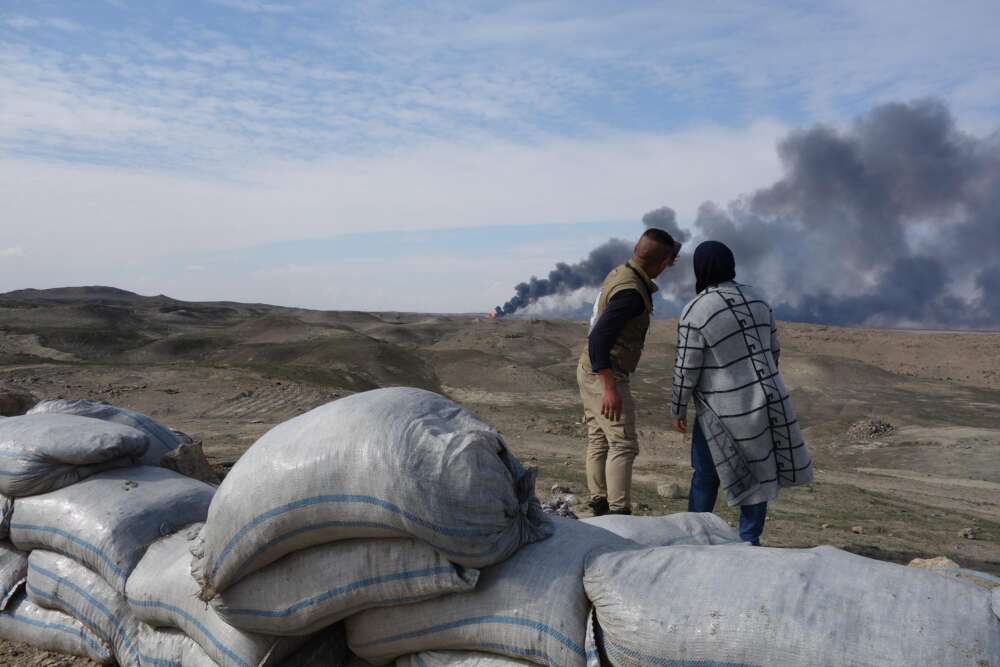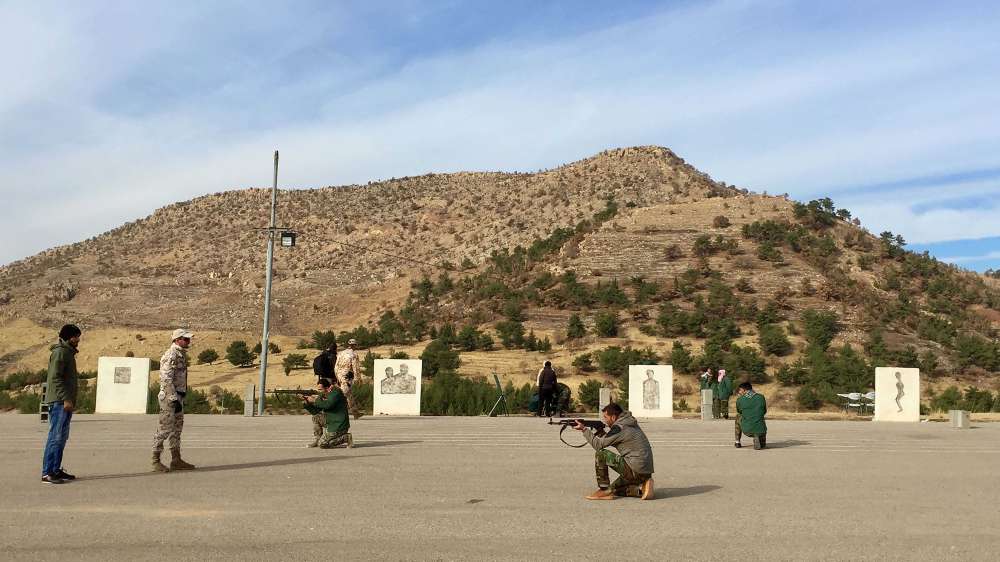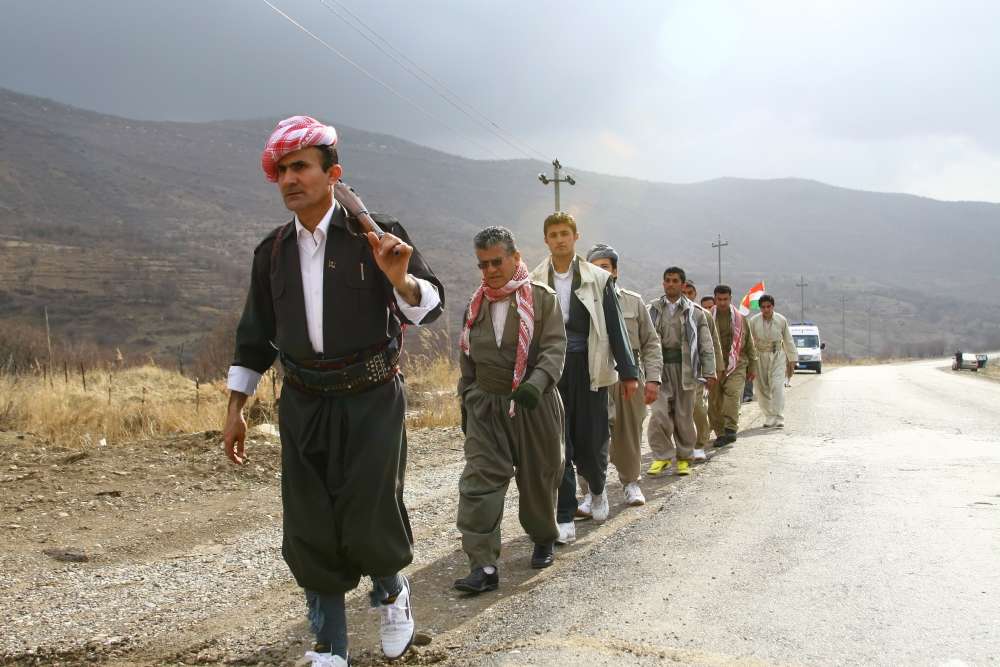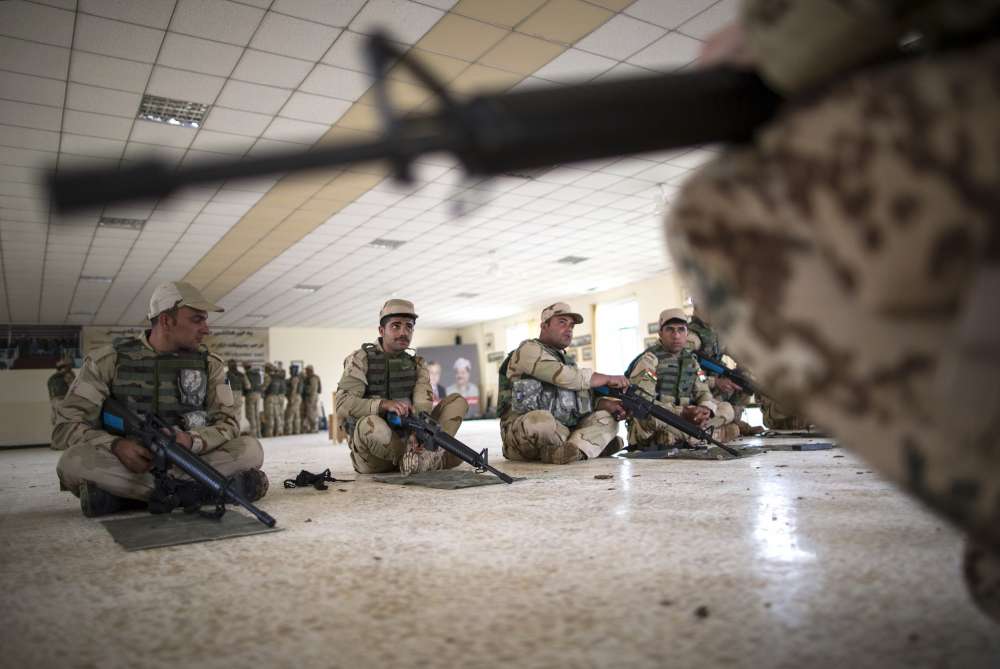Iraq After ISIL
Sub-State Actors, Local Forces, and the Micro-Politics of Control

As the Islamic State of Iraq swept through central and northern Iraq in 2014, Iraqi forces crumbled and state control collapsed. A range of local, sub-state, and hybrid security forces mobilized to fill the gap, helping Iraqi Security Forces retake and hold territory. Although an immediate solution to the existential threat posed by ISIL, this mass mobilization and devolution of power to local and sub-state forces has left Iraq’s security landscape fragmented. The sheer number of groups as well as weak command and control have undermined rule of law and governance. Moreover, the mobilization — largely along sectarian, ethnic, tribal, or communal lines — has reinforced divisions at a community and national level, and has created multiple local triggers for national and regional conflict.
Addressing these micro-level sources of instability and reconstructing local spaces will be key to Iraq’s national and regional security in the future. To help inform such efforts, this report documents the engagement of local and sub-state forces in north and central Iraq from 2014 to August 2017. Moreover, it analyzes their role in local security and governance, and outlines the impact they have had on stability, rule of law, and civilian protection.
…
The full report and executive summary are available for download.
The full research for this report was originally published in August and September 2017 as a series of field reports and analysis, which are still available in their original, more detailed form here.







